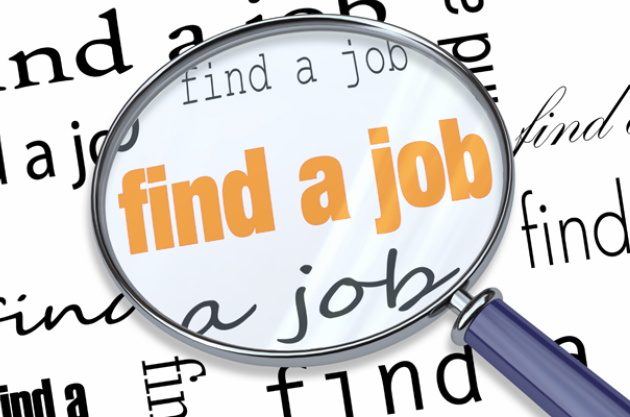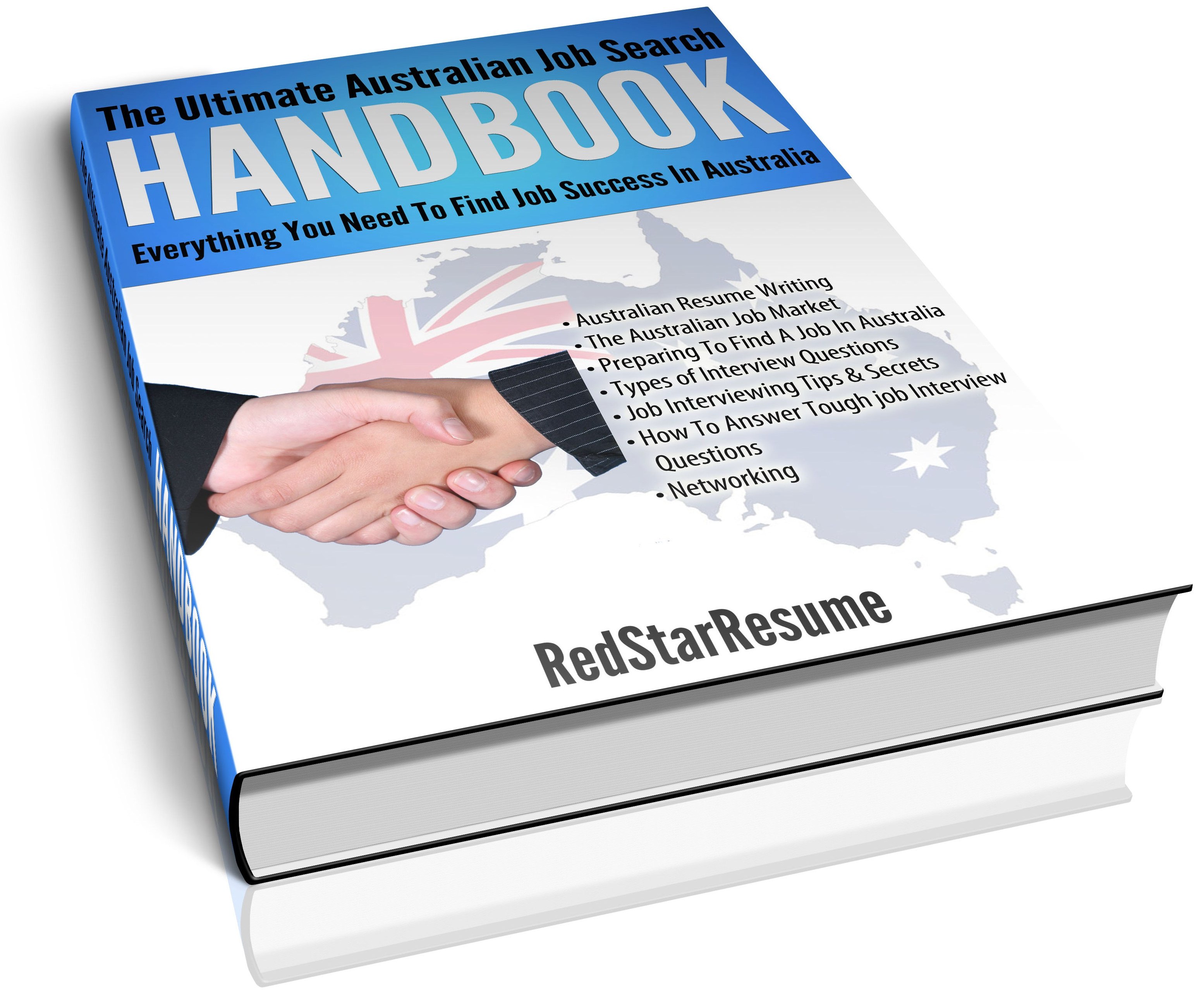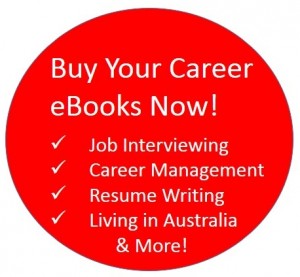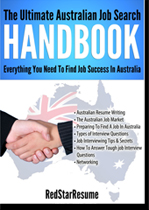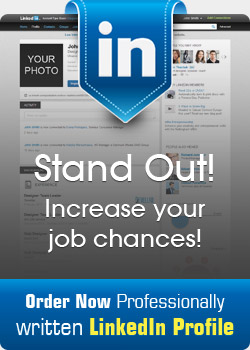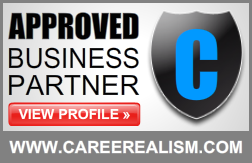 After you have constructed the perfect resume and applied for your dream job you will hopefully receive a call inviting you for the job interview. This is when things begin to get scary! However by having an understanding of the types of interview questions you may be asked will ensure that you give yourself the greatest opportunity of nailing the job interview and being offered a new job.
After you have constructed the perfect resume and applied for your dream job you will hopefully receive a call inviting you for the job interview. This is when things begin to get scary! However by having an understanding of the types of interview questions you may be asked will ensure that you give yourself the greatest opportunity of nailing the job interview and being offered a new job.
Below we have listed 3 standard interview questions relating to why you applied for the job position, why should the company hire you above your competitors and where do you see yourself in 5 years.
Why did you apply for this position?
All companies want to know that the candidate they hire for a position genuinely wants to work for their company and in the specific role they’re hiring for. Whatever your true intentions are—whether you were retrenched from a previous job and need to make a living, or you’re miserable at your current job and are looking for anything else you can find, don’t make the mistake of appearing as if you don’t really want the position or aren’t serious about it. The truth is, there should be something that interests you about the position and company you are applying to work for, and otherwise you should question whether you should even be applying in the first place.
In order to answer this question well, spend some time examining what you like about the company such as culture, work environment or industry, and about the work you would be doing at the company. Once you hone in on exactly why you want the job, you can relate why you want the position to how your skills and personality make you a good fit for the position.
Example (if you are applying for a customer service position): “I applied for this position because I am very sociable and enjoy communicating with people and would like to use this skill in my career. I have been told by friends that I can sell a ketchup Popsicle to a woman wearing a white dress, and I have demonstrated this in my proven track record selling game tickets for my universities sports games. I am applying for this entry level customer service position because I feel I have all the right skills and attributes to succeed.”
Why should we hire you over another candidate for this position?
This is your chance to toot your own horn and really sell yourself for the job. You must be completely familiar with the job description and the desired qualifications and attributes to link your skills, experience, education and personality to the position you are applying for. Practice this question with a friend beforehand, as you should be able to persuade the interviewer to hire you based on this question. Whatever doubts you have or experience you lack, keep them to yourself. If the hiring manager asks you this question then you better believe you’re the best candidate for the job, and be able to convince him/her that you are the best candidate for this position.
A good answer will include your top strengths for the position including:
1. Knowledge or experience in the industry
2. Technical skills
3. Soft skills
4. Key accomplishments or demonstrated success in previous positions
5. Experience performing certain tasks
6. Awards or recognition
7. Education and training
Tip: It’s not always the most qualified, paper-perfect job candidate that gets hired. Hiring managers are also looking to hire someone who is likeable, confident and who they could picture fitting in well with the company’s culture and environment.
Example (for a project management position): “I have all the qualities and experience that you’re looking for in an ideal candidate and I am confident that I’d be successful in the role. I have demonstrated my ability to lead successful projects for top companies in the past and have excellent people skills which have allowed me to develop great relationships with clients, vendors and partners alike. I also have a real passion for this industry which motivates me to deliver high-quality work.”
What are your career goals and where do you see yourself in 5 years?
The interviewer is asking you this question to see what your career goals are and how this position fits in to the larger picture of where you see yourself going. If this position fits well into your overall career plan, then the likelihood is that you will work hard to be successful in the job. The key to answering this question well is to focus on achievable goals. You don’t want to be too specific about the position you want to be in and your answer should be related to the job and company for which you are interviewing.
Tips:
1. Keep your answer general enough so that it doesn’t raise questions about your suitability for the position.
2.Emphasize your interest in a long-term career at the company.
3.Express your interest in this position as an integral part of your ultimate career plans.
Example: “Right now I’d like to find a position at a company where I can develop my skills and take on new challenges and responsibilities over time. I’d like to acquire more management responsibilities in the next 5 years, but most importantly I want to work for a company where I can see myself working long-term and building a career.”
© RedStarResume Publications – http://www.bestresponseresume.com/
Do you require an Australian Resume Writer? Contact us today – We have expert writers who specialise in the Australian job market.





